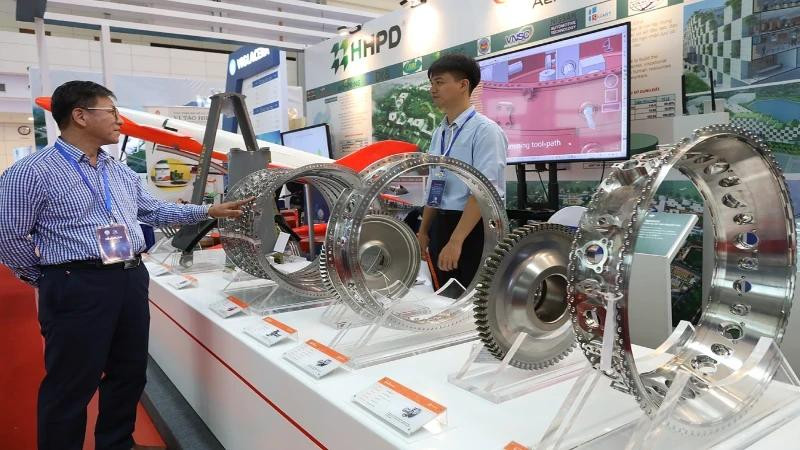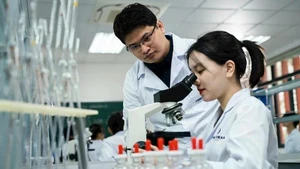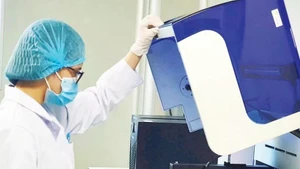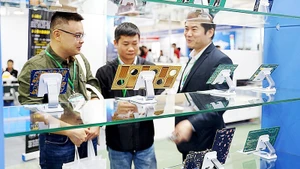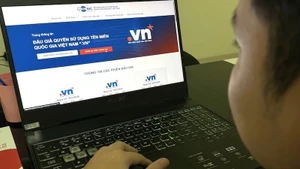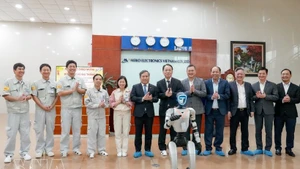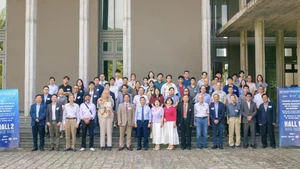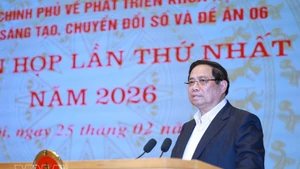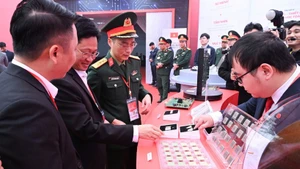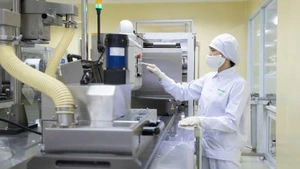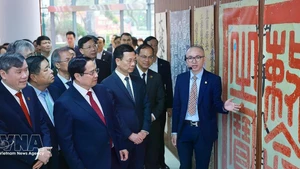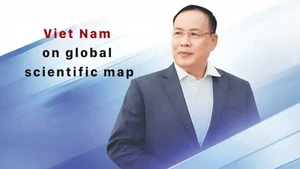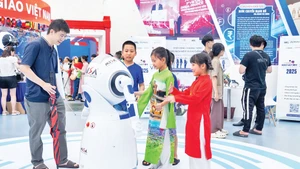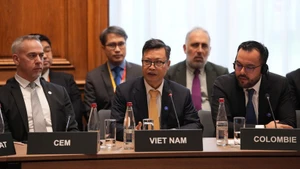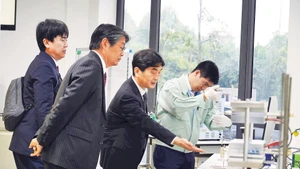This not only signifies recognition but also serves as encouragement, inspiring intellectuals and scientists to take greater pride and responsibility. It creates motivation for them to continue researching and innovating, making direct contributions to national development.
Resolution No. 57-NQ/TW, with its commitments to priority mechanisms and policies — such as increasing investment, streamlining administrative procedures, supporting innovative startups, and promoting collaboration between research institutes, universities, and businesses — is expected to create a more favourable environment for applying research results.
Notably, embracing risk and venture investment in scientific research will empower scientists to boldly explore new ideas and directions.
The resolution also opens a creative space for intellectuals and scientists to seize major opportunities in fields such as artificial intelligence, biotechnology, renewable energy, big data, and digital transformation.
Resolution No. 57-NQ/TW affirms that advancement in science, technology, innovation, and national digital transformation requires that the people and businesses must be at the centre — as key stakeholders, resources, and driving forces. Scientists play a pivotal role, while the State serves as the guiding force, facilitating and providing the best possible conditions for the development of science, technology, innovation, and digital transformation.
According to Prof. Dr Tran Tuan Anh, Vice President of the Vietnam Academy of Science and Technology, in order to become a key driving force, intellectuals and scientists must continue to be proactive, creative, and constantly improve their expertise while keeping up with new knowledge. Most importantly, their research should focus on addressing practical issues that the country urgently needs solutions for, such as the rational use of resources, disaster prevention and environmental protection, climate change, biotechnology, high-tech agriculture, food security, sustainable development, and many other fields.
Additionally, passing on knowledge and experience to younger generations through teaching and research mentorship is essential. This not only spreads a passion for science but also fosters a spirit of innovation within the community. At the same time, scientists should actively participate in policymaking to serve as a bridge between science and policy-making bodies. This will ensures that policies are grounded in scientific evidence, aligned with reality, and practically feasible.
Sharing this perspective, Luu Hoang Long, Director General of the Intellectual Property Office, emphasised that scientists must adapt to meet the objectives outlined in Resolution No.57-NQ/TW. He noted that the resolution represents the will of the Party and the State to develop the nation through science, technology, innovation, and digital transformation, requiring all levels and sectors to work in coordination. Institutional reforms will be addressed relatively quickly and comprehensively, but the real challenge lies in the ability of individuals to adapt to the new context. The Intellectual Property Office will accelerate the application of scientific inventions into economic and social development in the most efficient and effective manner.
Immediately after the resolution was issued, several research institutions began outlining strategies for its implementation.
Assoc. Prof. Dr Vu Duc Loi, Director of the Vietnam-Korea Institute of Science and Technology (VKIST), stated that the institute will report to the ministry's leadership in the near future for approval to implement business support models based on successful experiences from the Republic of Korea (RoK), tailored to Vietnam’s current scientific and technological development process. Accordingly, the KIST has assigned top experts to work alongside businesses.
Through hands-on collaboration, these experts gain a comprehensive understanding of the production process, identifying technological limitations, labour productivity challenges, and inefficiencies. They will then compile reports for specialised research teams at the institute, thus facilitating technological innovations and productivity improvements.
Thanks to this model, within just two years and the participation of 89 researchers, the KIST successfully supported 110 companies, significantly boosting labour productivity. Currently, the KIST assists an average of 50 companies annually under a government-commissioned programme.
Another model focuses on technology transfer, mastery, and localisation. According to Assoc. Prof. Dr Vu Duc Loi, in the 1980s, the Korean enterprises imported more than 580 technologies from advanced countries at a cost of hundreds of millions of US dollars.
However, due to limited knowledge and experience, these import contracts were often disadvantageous, causing difficulties for businesses and leading to national foreign currency losses. To address this issue, the KIST supported companies in accessing new technologies, providing guidance, assessing feasibility for management and mastery, and eventually localising the technology in collaboration with businesses. This experience could be applied to Vietnam’s current conditions.
Aiming to enhance the effective implementation of Resolution No.57-NQ/TW, Prof. Dr Nguyen Hong Son, Director of the Vietnam Academy of Agricultural Sciences, has identified several key focus areas. These include continuing to review and reorganise the institutional structure, strengthening investment resource mobilisation, improving management capacity within units, and focusing on the governance of scientific and technological products to ensure their quality and practical applicability. To achieve these objectives, agencies and organisations must allocate work appropriately, creating suitable conditions for personnel to maximise their capabilities.
Many scientists believe that Resolution No.57-NQ/TW has accurately assessed the role of science and technology in national development and has been well-received by the scientific community. This resolution marks the beginning of efforts to remove barriers to scientific and technological advancement, allowing these fields to make meaningful contributions to the country's development.
The crucial issue lies in shifting perceptions to understand that science-technology have now become a direct productive force. From this recognition, decisive solutions must be implemented to streamline the scientific research system and establish appropriate mechanisms to ensure efficient operation.
